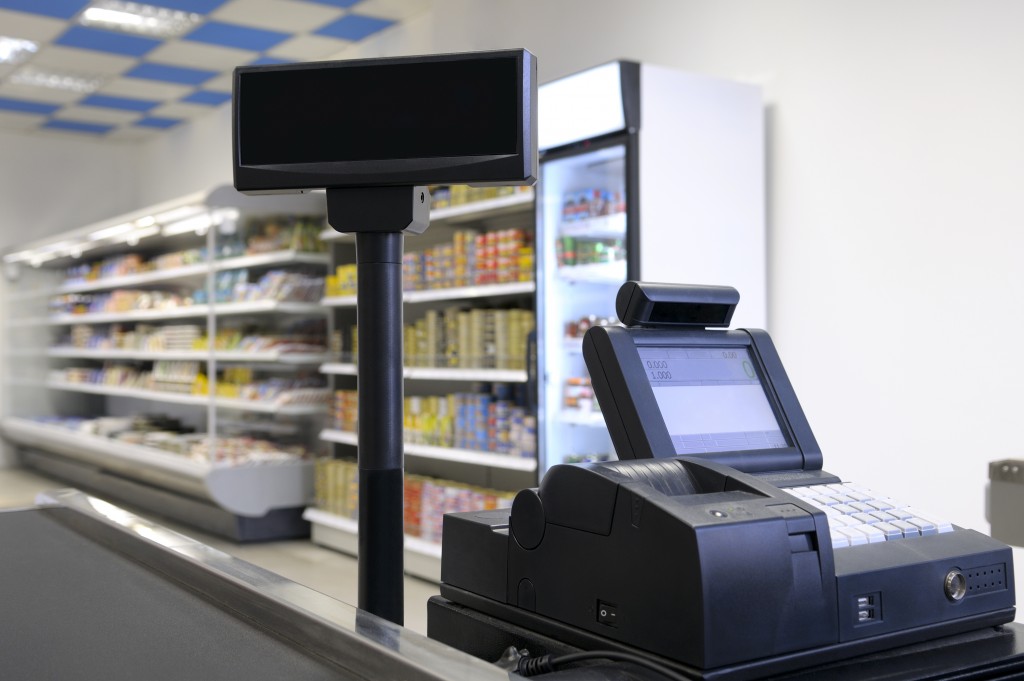As different parts of the world emerge from lockdown, the economic impact of the COVID-19 pandemic is increasingly evident. Although economic forecasts in such an unprecedented time are difficult to make, a global recession is a growing threat.
Ballpark Figures
At the end of March 2020, the Organisation for Economic Co-operation and Development (OECD) predicted that pandemic shutdowns would reduce output in many economies between one-fifth to a quarter. Consumer spending has dropped by up to a third, and annual GDP has declined by two percent during the enforcement of strict quarantine rules.
In areas where the virus has peaked, the effect on global business is apparent. The UN’s Trade and Development organisation (UNCTAD) calculated that the impact of COVID-19 in China has resulted in the loss to global value chains of $50 billion in exports.
The International Labour Organization (ILO) estimates the rise in global unemployment due to the virus as between 5.3 and 24.7 million people.
Firing Line
The staggering impact of COVID-19 on trade may focus attention on corporate business and international deals, but the effect on small and medium enterprises is also scary. They account for up to half the global GDP and employ over 65 percent of the world’s working population.
Smaller businesses have tighter operating margins. The pandemic has meant that they are vulnerable to cash flow drying up, job losses, and, in some cases, having to shut down until the market restarts.
The coronavirus affects SMEs in two ways: the supply side and the demand side. They suffer supply-side constraints with labour. Workers become sick or are required to look after sick relatives. Worker lay-offs and people’s uncertainty of when the virus will be contained lead to a reduction in consumer confidence, which lowers demand. With a sudden drop in demand, SMEs often have to make painful financial and management decisions to remain viable.

Lessons Learned
With countries in Asia as the most advanced in opening up, the main lesson is financial liquidity is crucial. Ingenious ways of sending financial support to struggling businesses have led to alliances between governments, banks, and fintech companies. One example is M-Pesa, a banking platform established in Kenya and now popular over much of East Africa. The app was one of the first to allow small businesses to make cheap financial transactions securely over their mobile phone. Other online platforms have since eliminated transfer fees, and banks are improving their terms and conditions for SME loans.
Throwing a Lifeline
But where do the funds come from to support some of the bigger assistance programmes? The multilateral donor banks from around the world are helping SME’s back to health. Some ways The World Bank assists SMEs from different countries include projects to tackle debt finance, employment support, taxes, and business costs.
The Asian Development Bank announced a $6.5 billion package that targets the immediate needs of its developing member countries, including $1.6 billion for micro, small, and medium enterprises. The African Development Bank has launched the Fight COVID-19 Social bond and raised $3 billion to protect affected livelihoods. The European Bank for Reconstruction and Development launched a $1 billion “Solidarity Package” that provides SMEs with working capital, trade finance, and emergency liquidity. The Islamic Development Bank has $730 million in the Strategic Preparedness and Response Facility. It provides countries with support for COVID-19 response and socio-economic issues, including trade finance, insurance coverage, and sovereign development programmes.
The impact of COVID-19 on SMEs has created an economic situation that requires the co-operation of the government, donors, and the private sector. If done correctly, the businesses will come out of the pandemic stronger and experienced in surviving hard times. The tools are available and need to be put together through teamwork and skill.

